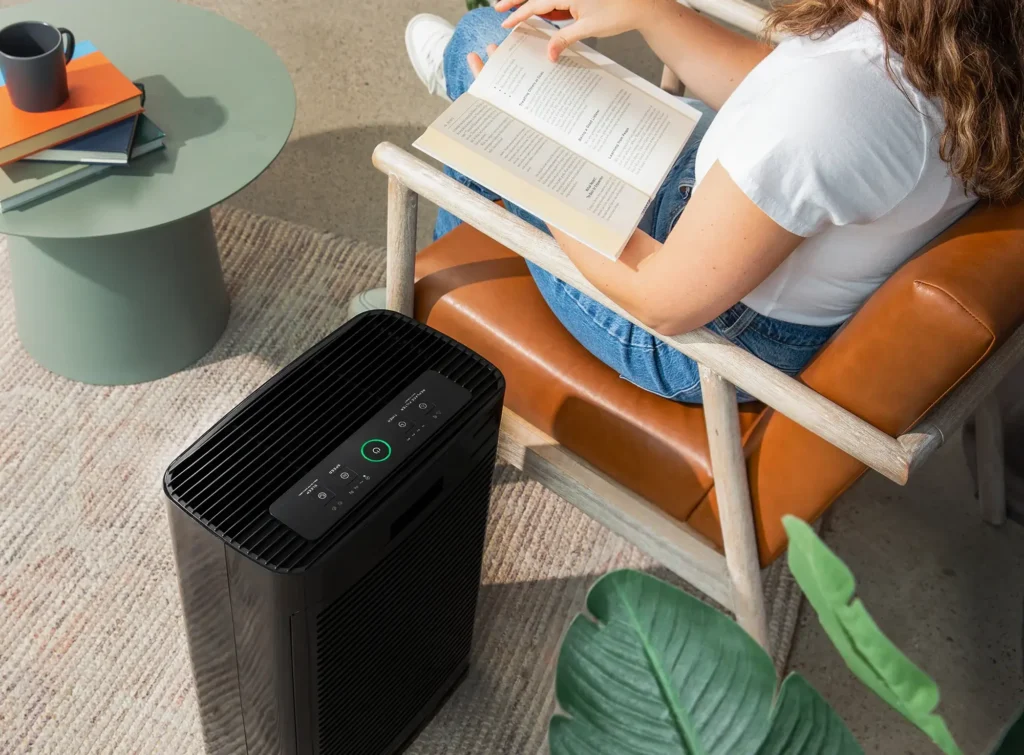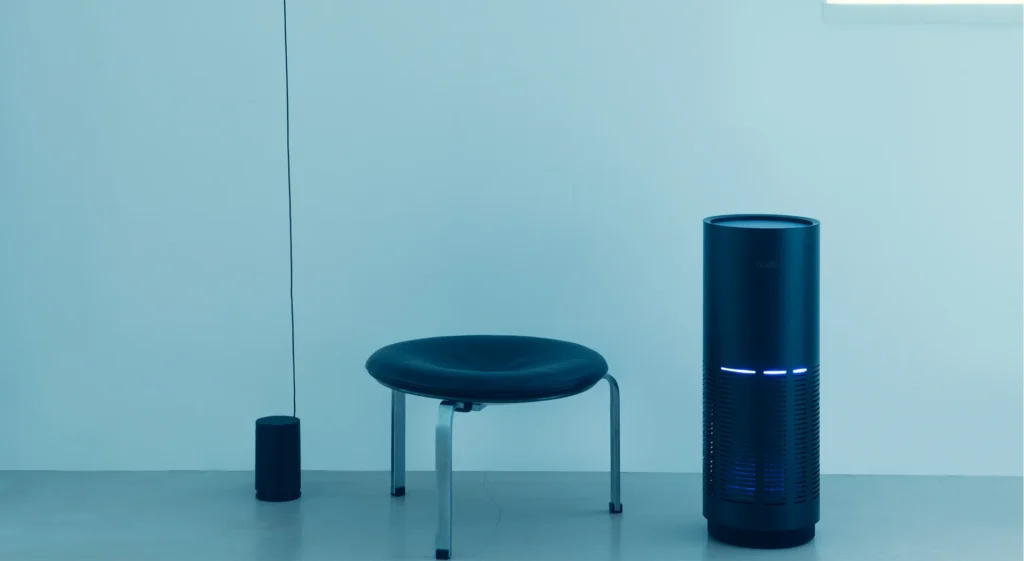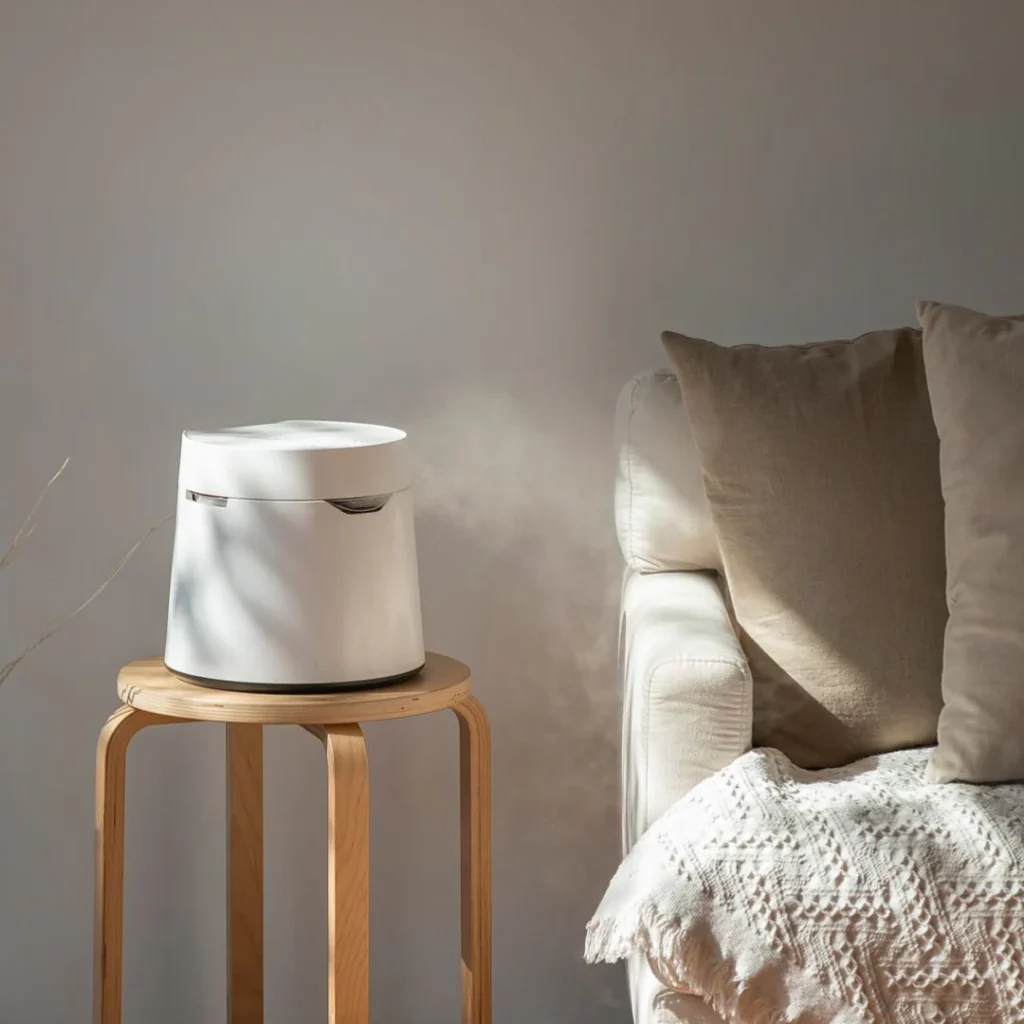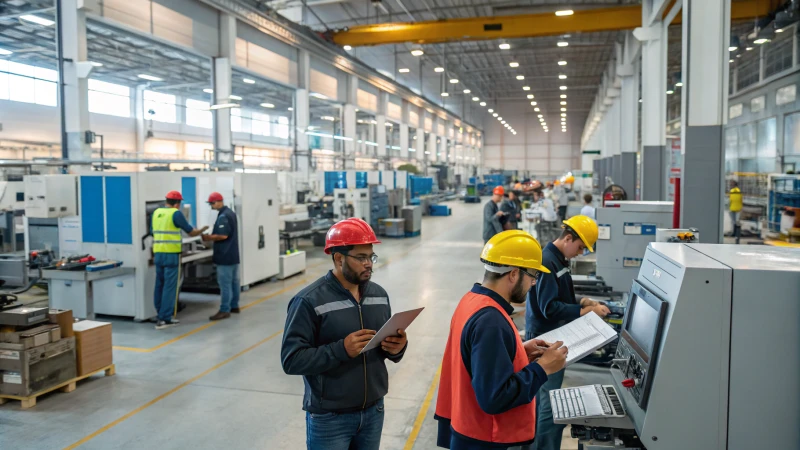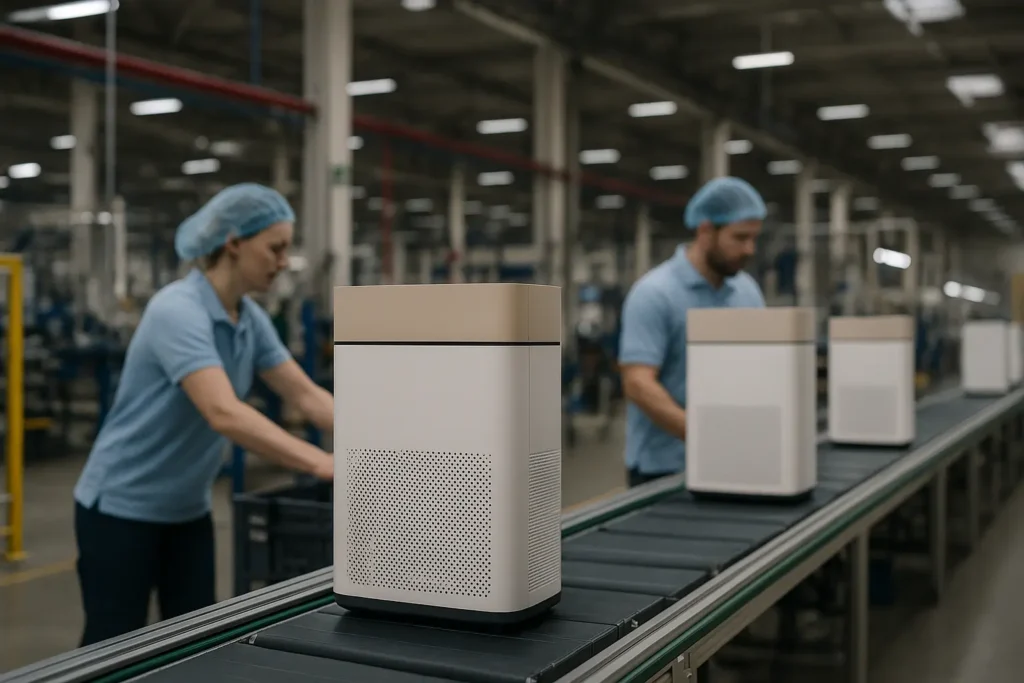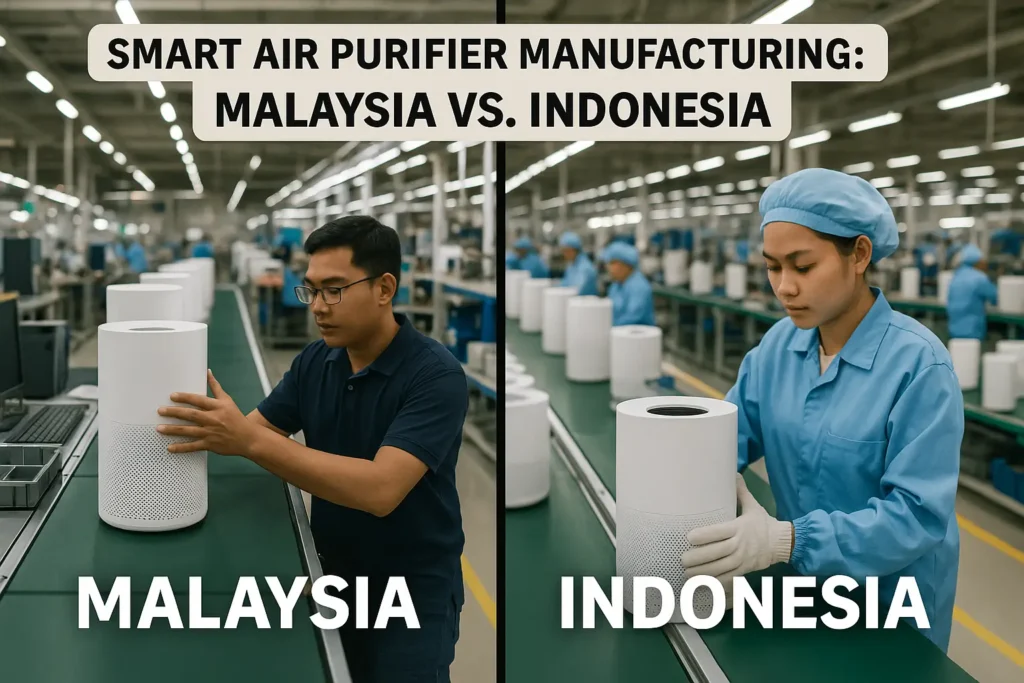Luftreinigern wird nachgesagt, dass sie Viren wie COVID-19 einfangen und abtöten. Stimmt das wirklich? Die kurze Antwort lautet überraschenderweise YES Diese Antwort wird mit der folgenden wissenschaftlichen Grundlage untermauert.
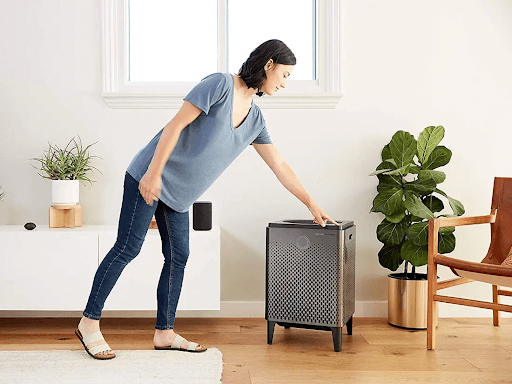
Ein paar Dinge sollten Sie zunächst wissen, dass:
Das COVID-19-Virus ist nahe einer Größe von 0,125 Mikrometern (125 Nanometer). So kleine Viren können nicht ohne weiteres durch einen Standardfilter aus der Luft gefiltert werden.
Wenn Sie also eine sichere Umgebung in Ihren Räumen schaffen wollen, die frei von schwebenden Viren ist, verwenden Sie einen vertrauenswürdige Marke für Luftreinigung mit der richtigen Technologie.
Luftreiniger mit HEPA-Filter kann Schadstoffe filtern bis zu 0,3 Mikrometer .
Außerdem sind leistungsstarke UV-C-LED-Lampen, wie z. B. in HisoAir sterilisiert und eliminiert Organismen und Viren. Im Grunde entfaltet das UV-Licht die Proteinbeschichtung des Virus und inaktiviert es effektiv.
Lassen Sie uns von hier aus weitermachen.
Wie werden Krankheiten durch die Luft übertragen?
Im Oktober 2020 veröffentlichten die Centers for Disease Control (CDC) ihren Standpunkt zu wie das Covid-19-Virus übertragen wird .
Darin heißt es: "Das Virus kann in Partikeln und kleinen Tröpfchen übertragen werden, die einige Minuten bis sogar Stunden in der Luft verbleiben".
Das bedeutet, dass die CDC die Übertragung des Virus über die Luft durch schwebende Aerosole oder Spritzer für möglich hält.
Hinzu kommt, dass viele Menschen heute dazu neigen, von zu Hause aus zu arbeiten oder wegen der zunehmenden Zahl von COVID-Fällen, Abriegelungen und Ausgangssperren im Haus zu bleiben. Dies kann zu einer schlechten Belüftung und Luftqualität führen, da immer mehr Menschen in ihren Wohnungen eingepfercht sind.
Die Wahrscheinlichkeit, dass sich übertragbare Krankheiten in Innenräumen ausbreiten, steigt also aufgrund der schlechten Luftbewegung.
3 Wege zur Verbreitung von Covid-19 durch Übertragung über die Luft
Es gibt 3 Möglichkeiten, wie COVID-19 über die Luft übertragen werden kann nach Angaben der CDC:
- Geschlossene Bereiche - wenn eine Person in einem geschlossenen Raum exponiert ist, unmittelbar nachdem eine infektiöse Person diesen Ort verlassen hat.
- Längere Exposition mit schädlichen Partikeln - im Raum schwebenden Tröpfchen ausgesetzt sind.
- Schlechte Belüftung oder unzureichende Lüftungsanlagen wodurch Schwebeteilchen und Tröpfchen in der Atemluft entstehen.
Dies führt uns zu der Überzeugung, dass Luftreinigungssysteme wie Luftreiniger, Desinfektionsgeräte und Luftreiniger eine wichtige Rolle bei der Reinigung dessen spielen, was wir einatmen.
Wie funktionieren Luftreiniger?
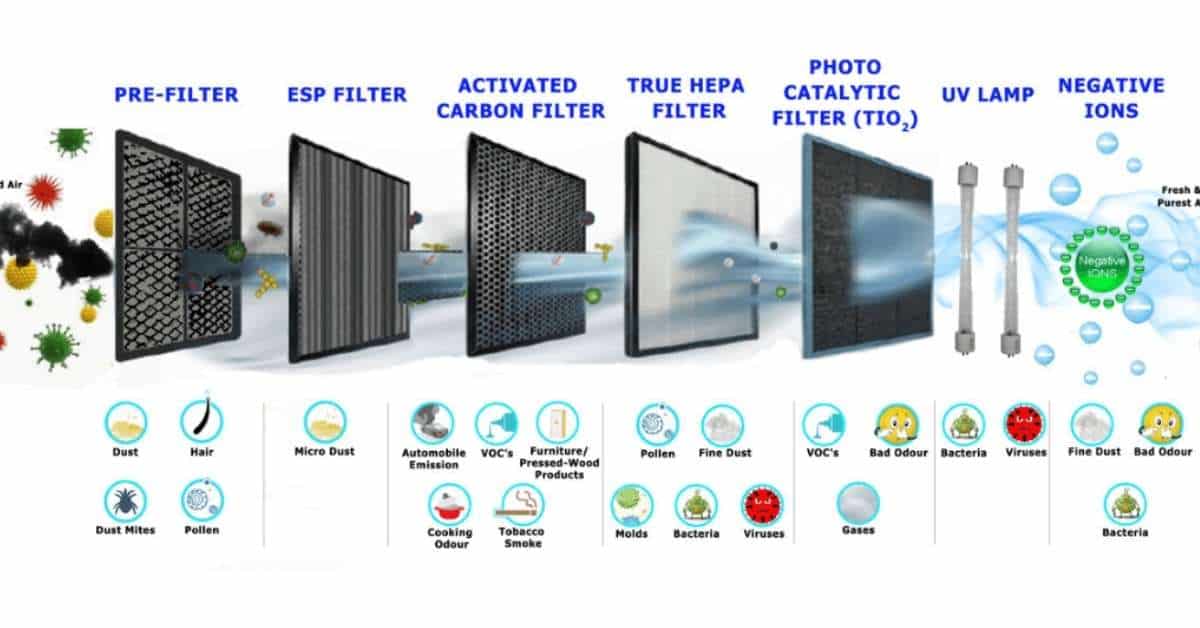
Luftreiniger sind mit verschiedenen Filtertechnologien ausgestattet, um die Luft von Schadstoffen, Schwebstoffen, Allergenen und Viren zu befreien und zu reinigen.
Das bedeutet, dass er nicht nur die Partikel durch Filtration entfernt, sondern auch desinfiziert und Viren abtötet.
Luftreiniger können mit HEPA-Filtern, Aktivkohle, Ionisatoren oder UV-Licht ausgestattet sein, oder mit einer Kombination aus allen. Die Kombination der Filter bestimmt, welche Art von Partikeln genau aus der Luft entfernt wird. Einige Typen von Luftreinigern fangen nur Luftverunreinigungen ein, während andere mit Filtern ausgestattet sind, die Bakterien, Viren und üble Gerüche abtöten und neutralisieren.
Okay, viele Leute sind wirklich verwirrt und falsch informiert, ob HEPA-Filter kleine Partikelviren wie das Coronavirus abfangen können.
HEPA-Filter können 99,97% der Partikel in der Luft bis zu einer Größe von 0,3 Mikrometern entfernen. Der COVID-19 hat einen Durchmesser von 0,06 bis 0,14 Mikrometern.
Dies geschieht durch Diffusion. Laut einer wissenschaftlichen Studie der NASA HEPA-Filter können praktisch 100% an Partikeln auffangen.
Es stellte sich heraus, dass das Coronavirus so klein und leicht ist, dass es beim Zusammentreffen mit Gasmolekülen herumgeschleudert wird.

Wie das Coronavirus in einem zufälligen Zickzackmuster durch die Brownsche Bewegung "fliegt"
Aufgrund dieser Zickzack-Bewegung bleiben die Viren, wenn sie durch den HEPA-Filter wandern, an dessen Fasern hängen.
Das bedeutet, dass Partikel in HEPA-Filtern gefangen werden können, sogar bis zu einer Größe von 0,1 Mikrometern, einschließlich des COVID-19-Virus. Einmal eingefangen, hält der HEPA-Filter die Viren gefangen, so dass sie nicht mehr in die Luft zurückgebracht werden können.
Aber werden die Viren abgetötet? Coronaviren auf einem HEPA-Filter können praktisch überdauern 48 bis 72 Stunden bevor es stirbt oder inaktiviert wird.
Wie funktioniert UV-Licht bei der Abtötung von Viren wie COVID-19?
Eine weitere Art der Luftreinigung ist die Integration von UV-Licht. UV-Strahlung ist schädlich für die Abtötung und Beseitigung von Bakterien und lebenden Mikroben. Es kommt aber auch darauf an:
- wie das ultraviolette Licht verwendet wird und,
- wie lange das Virus dem Virus ausgesetzt ist.
Wenn die UV-Lampe als entkeimende Komponente das Licht durch die eingeschlossenen Bakterien strahlt, ist dies nachweislich wirksam. Wenn die angesaugte Luft jedoch nur durch das UV-Licht geleitet wird, kann es sein, dass das Virus nicht wirksam abgetötet wird.
Luftreiniger zur Desinfektion von HisoAir sind mit 4 Reinigungsstufen ausgestattet, die HEPA-Filter, Nylon-Vorfilter, Aktivkohle und UV-Lampen umfassen, um Verunreinigungen effektiv abzutöten.
Töten Ionisatoren Viren?
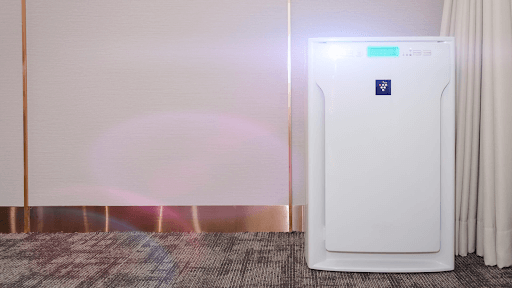
Einige Luftreiniger haben Ionisatoren als Teil ihrer Luftreinigungstechnologie. Ionisatoren wirken, indem sie elektrische Ladungen auf die Partikel in der Luft übertragen.
Diese Partikel werden dann zu Gegenständen und Oberflächen mit einer entgegengesetzten Ladung gezogen. Das können Ihre Möbel, Ihr Teppich, Ihr Fußboden oder Ihre Decke sein. Es gibt auch Luftreiniger, die negative Ionen aussenden, um Ionen mit positiver Ladung anzuziehen. Dadurch werden die schädlichen Verunreinigungen neutralisiert. Allerdings führt diese Lösung zu Ozon-Emissionen was für die Umwelt schädlich ist.
Viren sind zwar empfindlich, aber sie lassen sich nicht einfach mit negativen Ladungen zerstören. Daher können Ionisatoren COVID-19 nicht im Alleingang vernichten. Aber es gibt einen Haken.
Da sich Viren an Verunreinigungen in der Luft festsetzen können, kann der Ionisator verhindern, dass die Viren zu Ihnen gelangen.
Ein Beispiel, diese Studie berichtet, wie Forscher einen Ionisator einsetzen, um zu verhindern, dass Meerschweinchen an einem Grippevirus erkranken.
Photokatalytische, Kohlenstoff-, Catechin-Filter
Es gibt andere Filter, die in verschiedenen Luftreiniger-Marken wie photokatalytische Filter, Kohlefilter oder Catechin-Filter.
- Luftreiniger mit photokatalytische Filter kann Viren und Bakterien abfangen und abtöten. Außerdem kann es sie durch Oxidation der Ionen abbauen.
- Kohlefilter oder Aktivkohlefilter in Luftreinigern werden zum Auffangen von flüchtigen organischen Verbindungen, Dämpfen, Smog und Gerüchen verwendet.
- Catechin-Filter haben antibakterielle und antimykotische Eigenschaften, sind aber nur selten in vielen Luftreinigern zu finden.
Sind diese Filter und Sterilisatoren sicher in der Anwendung?
Nicht ganz. Zumindest, wenn Sie nicht direkt dem Ozon ausgesetzt sind, ist das in Ordnung. HEPA-Filter-Luftreiniger mit UV-Licht und Ionisatoren sind in Ordnung.
Das Einatmen von Ozon ist jedoch eine andere Sache. Es kann Husten, Reizungen des Halses und Allergien verursachen. Es kann auch Lungenschäden verursachen und Atemprobleme und Asthma verschlimmern. Wenn Sie also Lungenprobleme haben, sollten Sie keine Luftreiniger mit Ozon oder Ionisatoren verwenden.
Die Forschung hat auch herausgefunden, dass Ozongeneratoren bei der Vorbeugung von Schimmelpilzen oder der Hemmung von Bakterien nicht sehr wirksam sind. Aus diesem Grund ist die Verwendung in Krankenhauszimmern und anderen Gesundheitseinrichtungen nicht sicher.
Schlussfolgerung
Wir hoffen, dass dieser Artikel Ihnen geholfen hat zu verstehen, wie bestimmte Arten von Luftreinigern Viren abtöten und die Verbreitung von COVID-19 über die Luft verhindern können.
Wie wir bereits erwähnt haben, können Luftreiniger mit HEPA-Filtern selbst die kleinsten Viren, wie das Coronavirus, abfangen. Diese Viren können sich 48 bis 78 Stunden lang an den HEPA-Filtern festsetzen, bevor sie absterben.
Die wirksamsten Luftreinigungssysteme sind jedoch solche mit UV-Licht, das diese schädlichen Verunreinigungen zerstört. Außerdem ist UV-Licht im Gegensatz zu Ozongeneratoren und Ionisatoren nicht schädlich.
Wenn Sie kaufen möchten Großhandel H13 HEPA-Luftreiniger mit UV-Licht dann kann HisoAir Ihnen helfen. Wir sind ein OEM/ODM mit 15 Jahren Erfahrung und eine ISO-zertifizierte Fabrik.


